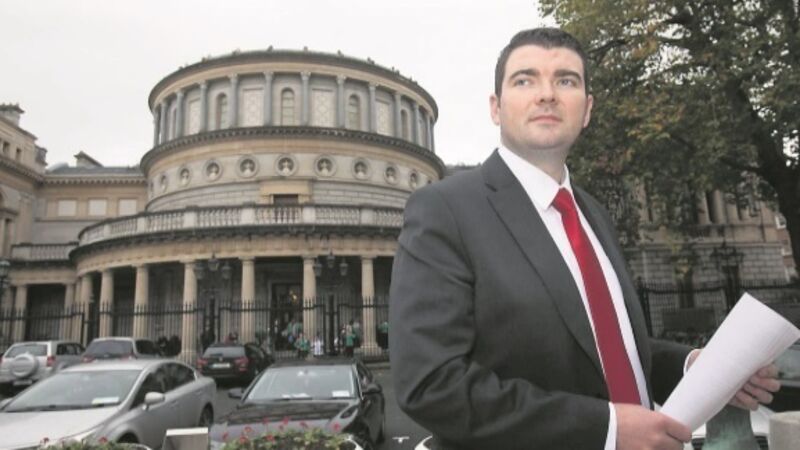Junior tourism minister favours 0% VAT rate for cafés, bars and hotels

The hospitality sector needs a 0% VAT rate to give them a "fighting chance" of survival, the Junior Minister for Tourism has admitted.
Try from €1.50 / week
SUBSCRIBEAdditional reporting: Jess Casey, Eamon Quinn, Cianan Brennan and Juno McEnroe
The hospitality sector needs a 0% VAT rate to give them a "fighting chance" of survival, the Junior Minister for Tourism has admitted.
Already a subscriber? Sign in
You have reached your article limit.
Annual €130 €80
Best value
Monthly €12€6 / month
Introductory offers for new customers. Annual billed once for first year. Renews at €130. Monthly initial discount (first 3 months) billed monthly, then €12 a month. Ts&Cs apply.
CONNECT WITH US TODAY
Be the first to know the latest news and updates
Newsletter
Keep up with stories of the day with our lunchtime news wrap and important breaking news alerts.
Sunday, February 8, 2026 - 7:00 PM
Sunday, February 8, 2026 - 6:00 PM
Sunday, February 8, 2026 - 1:00 PM
© Examiner Echo Group Limited